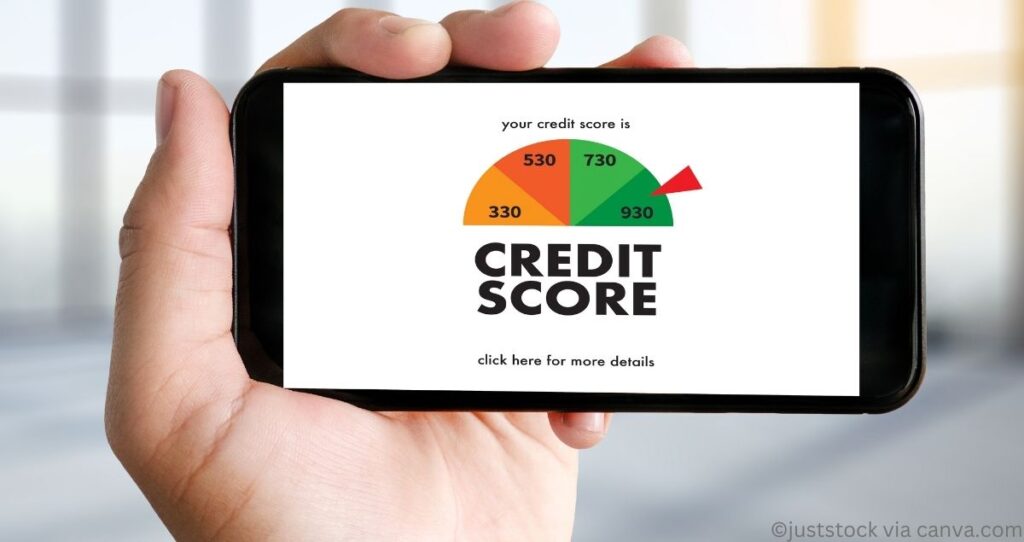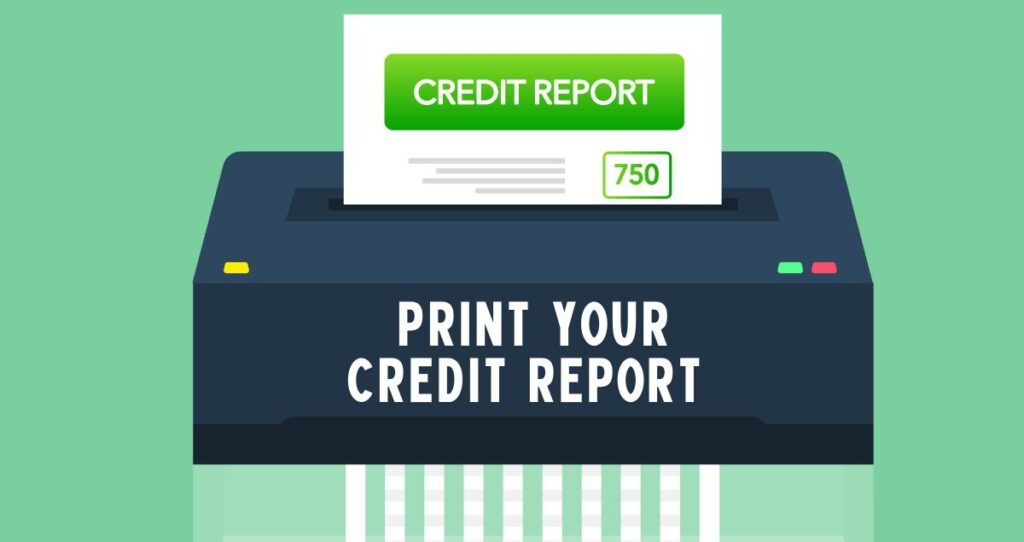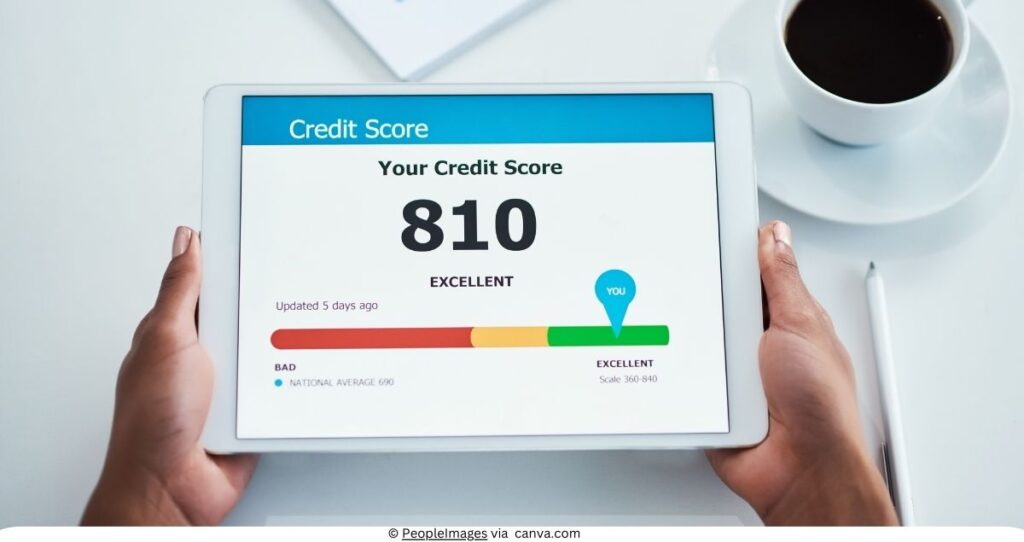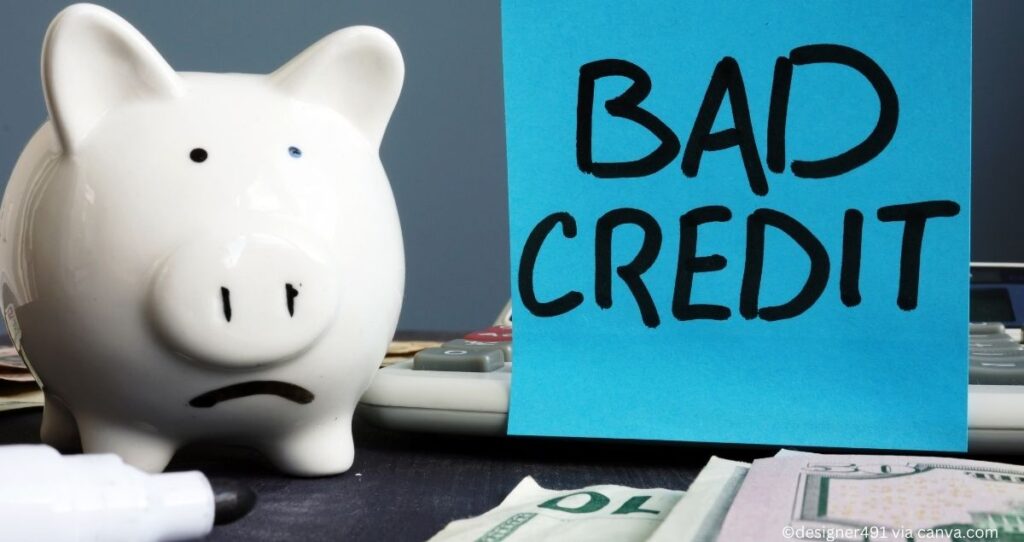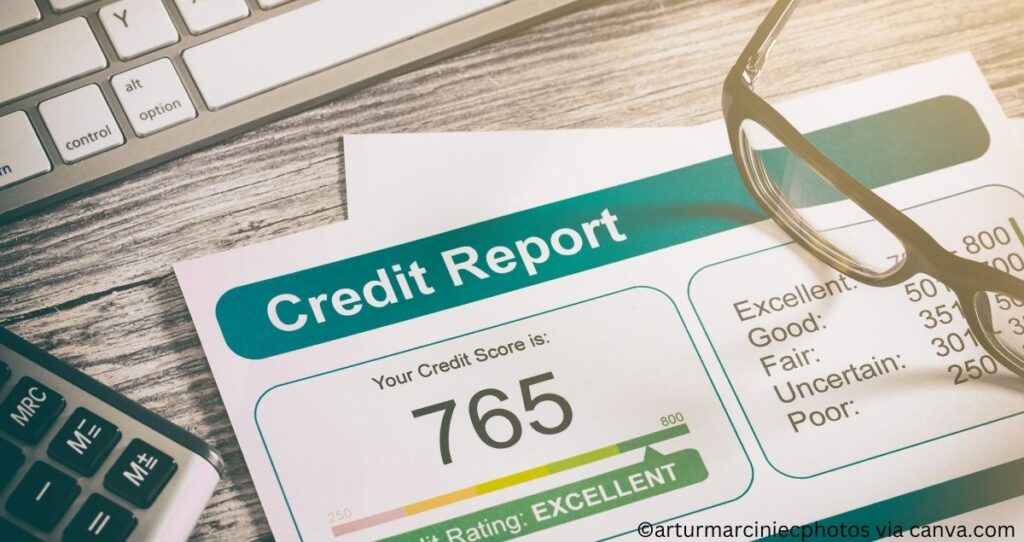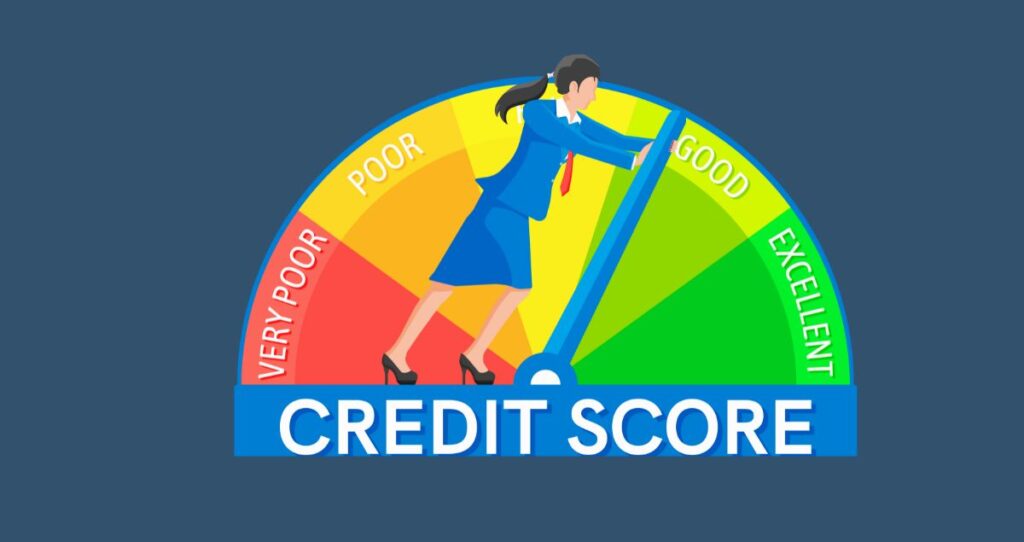What are the factors your credit score is based on? Have you ever wondered why your credit score goes up and down without knowing why? Knowing the biggest factors affecting your credit score is a great strategy to safeguard and rebuild your credit.
The five major factors that affect your credit score include payment history, credit utilization, length of credit history, new credit, and credit mix.
Here is how each of these credit score factors affects your credit score and how managing each factor can help you boost your credit score.
1. Payment history
The payment history summarizes your payment behavior on each of your credit accounts. Typically, payment history shows how you paid your accounts over time. Most credit scoring models give more weight to payment history and it is a great indication of how trustworthy you are as a borrower.
For this reason, the payment history is the biggest factor that affects your credit score. According to myFICO, the payment history makes up 35% of your FICO credit score. For the VantageScore, the payment history accounts for 40% of your score.
Tips to avoid late payments on your credit reports
Having a late payment on your credit report can significantly lower your credit score. A single late payment can lower your credit score by more than 100 points and stay on your credit report for 7 years.
Here are tips to avoid late payments on your credit report and protect your credit score.
- Set up automatic payments for every credit account such as credit cards, loans, and mortgages.
- Pay your bills before the due date. Giving yourself enough time helps fix any payment processing issues on time.
- If you cannot afford the full payment, at least pay the required minimum amount on each account
- Set up payment reminders
- Change the due date to fit your financial needs
- Enroll in auto pay but always make sure payments are processed on time
- Consolidate your debts to make it easy to pay them off
- Avoid late fees to keep your debts in check
- Reach out to your lender when having financial hardships
Read more: How to avoid late payments on your credit report
2. Credit utilization
Credit utilization shows how much you have used compared to your total credit limit on revolving credit accounts. For example, let’s assume you have one credit card and your credit limit is $4,000. If you used only $1,000, your credit utilization will be $25% since you would have spent $1,000 out of the $4,000 total credit limit.
Credit utilization accounts for 30% of your FICO credit score calculation while it affects 20% of your Vantage score.
Credit utilization is the second biggest factor affecting your credit score as it can help evaluate your financial situation. A higher credit utilization shows you heavily rely on debt to finance your lifestyle. A high credit utilization ratio could also indicate that you are financially irresponsible and a risky borrower.
How much credit utilization is good?
Most lenders consider 30% of your total credit line a good credit utilization. However, carrying that much balance on revolving credit accounts is not a good idea due to the higher interest charges. The best way to keep your credit utilization in check and protect your credit score is to pay your balances in full each month on revolving credit such as credit cards.
If you cannot pay off your balances in full every month due to financial constraints, keep your credit utilization under 7% for a higher impact on your credit. A lower balance also makes it easy to pay off your debts.
Read more: What is the best credit utilization ratio?
How can you lower your credit utilization?
Maintaining a higher credit utilization will keep your credit score lower as the utilization rate accounts for 30% of your credit score. If you have maxed out your credit cards and similar accounts, here are tips to improve your credit utilization.
- . Pay down your balances early
- Open a new credit card account
- Increase your credit limit by calling your credit card issue or complete the request online
- Do not close unused credit cards
- Use a personal loan to pay off your credit cards
- Avoid excessive spending
- Make purchases with cash when possible
3. Credit age
The age of your credit also known as the length of your credit history shows how long you have been a credit user. The longer your credit history, the better your credit score will be. Why does the length of your credit history matter?
Being a good credit user is like building a resume. The longer you use credit accounts, the more experience you get. Therefore, the better your credit score will become assuming you have a clean credit history. If you never had any form of debt, the age of your credit will be zero until you open an account.
The age of your credit is calculated by adding the age of each credit account and dividing the total by the number of credit accounts you have open. A 10+ years of credit use is usually good although you don’t need 10 years to have a good credit score. For example, I increased my credit score to over 800 in less than 5 years only using three credit cards.
How much does the length of credit history affect credit score?
The length of your credit history affects 15% of your FICO score while your credit mix and age of your credit account for 21% of your Vantage score. Your credit age is the 3rd biggest factor on your credit score as it indicates you have enough experience handling debts.
How do you increase the age of your credit?
There is no magic formula for improving the age of your credit. All you have to do is get started. Even if you don’t want to take on too much debt, get a credit card. As time goes by, you will be building history.
Even if you are not ready to qualify for a credit account, you can become an authorized user of a credit card account. To get the most out of being an authorized user of a credit card account, get added to an account with an excellent credit history.
4. Credit mix
Most people don’t know the benefits of having a good credit mix. Credit mix refers to the types of credit accounts on your credit reports. Typically, a good credit mix should have revolving credit such as credit cards, and installment loans such as car loans. For example, you can have two credit cards, one car loan, a student loan, or a mortgage.
Why your credit mix affects your credit score? A good credit mix makes you a good borrower since it shows you can manage different credit accounts. Your credit mix affects 10% of your credit score.
5. Hard inquiries/New accounts activities
When you apply for a credit account such as a credit card, a hard inquiry also known as a hard pull appears on your credit report. A hard inquiry means the lender requested to view your credit profile before you get approved for the loan. Each hard inquiry lowers your credit score by 5 to 6 points on average and stays on your credit reports for 24 months.
A hard inquiry accounts for 10% of your FICO score and 6% of your Vantage score. While a hard inquiry stays on your credit report for 2 years, it only affects your credit score for 12 months.
To avoid too many hard inquiries or wrecking your credit score, apply for loans you qualify for. The best tips to get approved for loans are to get pre-approved, improve your credit score, have proof of income, and lower your DTI ratio.
You might also like: 13 things to do if you get denied a personal loan
6. Derogatory marks
Derogatory markets are negative items that appear on your credit report. For example, the bank will take the home to foreclosure if you fail to pay off your mortgage and cannot sell the house on time or qualify for a short sale. Negative items significantly lower your credit score and in some instances, your score can drop as many as 200 points especially if you get a bankruptcy on your credit report.
Common derogatory markets on your credit reports include but are not limited to tax lien, bankruptcy, foreclosure, charge-off, late payment, collection, etc. Most derogatory markets stay on your credit report for 7 to 10 years.
